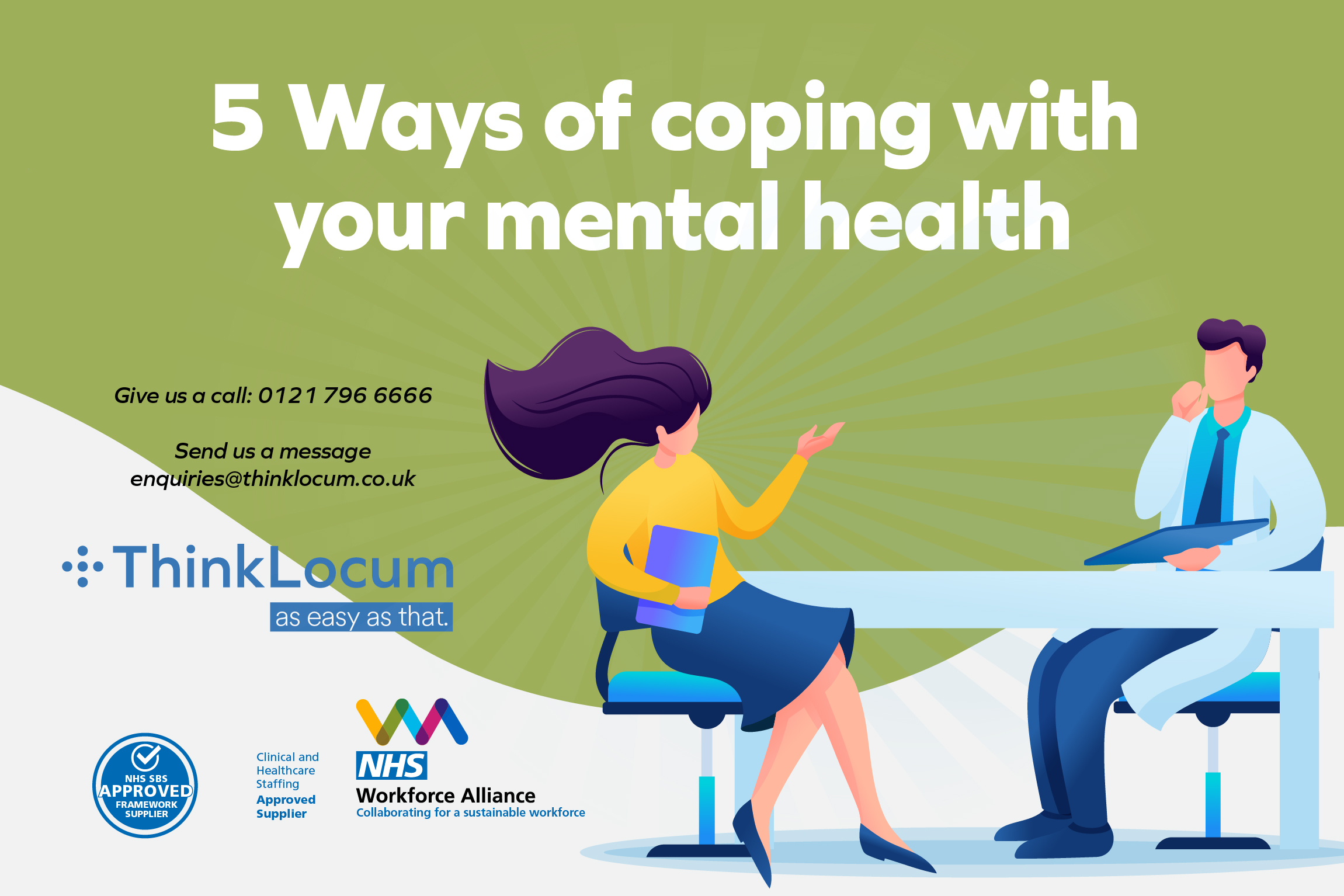
If you're a medical practitioner then it can be really tough to juggle your mental health with the demands of your job. You might find that it's hard to take breaks and have time for yourself, and you could end up feeling burnt out or like you're never giving yourself a chance to recover from all the stress. Use these five tips to better manage your mental health and get back in control of your life!
Being a medical practitioner can be extremely stressful. It is important to take care of yourself both physically and mentally. Taking some time each day for self-care can help to reduce stress and improve your mental health.
There are many different ways to practice self-care. Some people may enjoy taking a relaxing bath, reading a good book, or taking a nature walk. Others may prefer to meditate, journal, or exercise. Find what works best for you and make sure to schedule some time each day to do something just for yourself.
As a medical practitioner, it is important to manage your time effectively in order to cope with your mental health. This means setting aside time each day to relax and unwind. It may also mean taking some time off from work each week to recharge your batteries.
It is also important to eat healthy and exercise regularly. This will help to boost your energy levels and keep your mind sharp. Additionally, it is important to get enough sleep each night. aim for at least seven hours of sleep every night.
As a medical practitioner, it is important to delegate tasks in order to manage your workload and maintain your mental health. Delegating tasks can help to reduce your stress levels and give you more time to focus on your own well-being.
There are a few things to consider when delegating tasks. First, you need to identify which tasks can be delegated. Not all tasks can be delegated, so it is important to only delegate tasks that are appropriate. Second, you need to choose the right person to delegate the task to. Make sure that the person you choose is capable of completing the task and that they have the time to do it. Finally, you need to provide clear instructions for the task. This will help to ensure that it is completed correctly and efficiently.
Delegating tasks can be an effective way to cope with your mental health as a medical practitioner. By delegating tasks, you can reduce your stress levels and free up time to focus on your own well-being.
As a medical practitioner, it is important to set boundaries in order to protect your mental health. This means knowing when to say no to extra shifts, taking breaks when you can, and not feeling guilty about taking time off.
It is also important to have a support system in place. This could be a group of friends or family members who you can talk to about your work stressors. It can also be helpful to see a therapist or counselor who specializes in helping medical professionals deal with their mental health.
It is also important to make time for yourself outside of work. This could include hobbies, exercise, or anything else that helps you relax and recharge. Medical professionals often have very demanding jobs, so it is important to make time for self-care.
Overall, setting boundaries, having a support system, and making time for yourself are all important ways to cope with your mental health as a medical practitioner.
It is important to be kind to yourself when you are a medical practitioner. This means accepting that you cannot save everyone and that you will make mistakes. It also means taking time for yourself, both to relax and to pursue your own interests outside of work.
It is also important to stay connected with your loved ones and to build a support network of people who understand what you do and can offer emotional support. Talking about your feelings and experiences with others can help you to cope with them in a healthy way.
There are also many professional organizations and resources available to medical practitioners. These can provide support and information on how to deal with the unique challenges that come with the job.
Looking to switch to locum work? Get in touch with us today!
We've got more informative and insightful resources for you on the ThinkLocum blog.